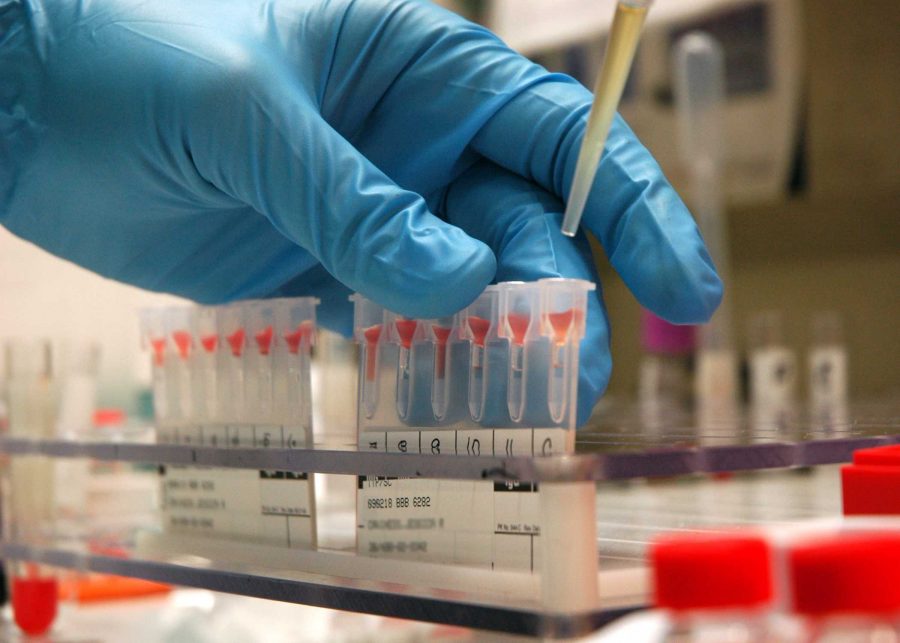When waking up to unprecedented bloodshed such as the tragic shooting that left 50 people dead and 53 injured at a gay nightclub in Orlando, Florida, on Sunday night, the questions come hard and fast. Immediately our thoughts and prayers go out to the victims, their families, and those present who suffered the immediate ramifications of one depraved individual’s actions. Still, the consequences of Sunday’s shooting cannot be gauged solely by the loss of life; the broader implications must be evaluated as well — not only as individuals but as a larger society.
Acts of violence should not only inspire us to come together as a community in mourning but also encourage us to rethink issues of national policy and regulations that may not have been on the forefront of the American consciousness. The loss of life as a result of one gunman’s actions did not occur in a vacuum, and while we deal with the aftermath, other issues are brought to the surface. One issue in particular is the restrictions placed upon members of the LGBTQ community when it comes to donating blood.
Given the large number of injured victims following the shooting, an obvious strain has been put on medical facilities in the area struggling to provide service for so many people. However, not only is an increase in medical personnel required, so is a corresponding amount of other resources. The resource I am speaking of may not be the one that would immediately come to mind, but it is vital nonetheless. Not only are staff and hospital beds necessary but blood as well. The problem is that there are still remnants of outdated, institutionalized homophobia when it comes to the practice of blood donation that could serve to hamper the medical-treatment process and ultimately deprive victims of much-needed treatment.
Until December 2015, gay men or men who have had sexual intercourse with another man were unable to donate blood, and even now, men who fall into the aforementioned categories must still undergo a 12-month waiting period before they are allowed to donate. While this restriction is meant to reduce the possibility of spreading sexually transmitted diseases such as HIV, the restriction results in preventing sexually healthy men from donating potentially lifesaving blood simply because of their sexual orientation.
Following a shooting that was presumably targeted at members of the LGBTQ community, society, and more specifically, the Food and Drug Administration, which is responsible for the perpetuation of the blood-donation restriction, has almost added insult to injury by preventing individuals within that community from providing much needed assistance to people in their own community. As important as it is to maintain policy and regulation that ensure the health of the larger population, there are times in which those same regulations border on discriminatory and do a disservice to the very individuals who stand to benefit from the health system. There is no argument that the nation will mourn the substantial loss of life in Orlando, but out of this tragedy comes the opportunity to better accommodate all members of this society and update medical practices that would in turn be beneficial to the nation as a whole.



